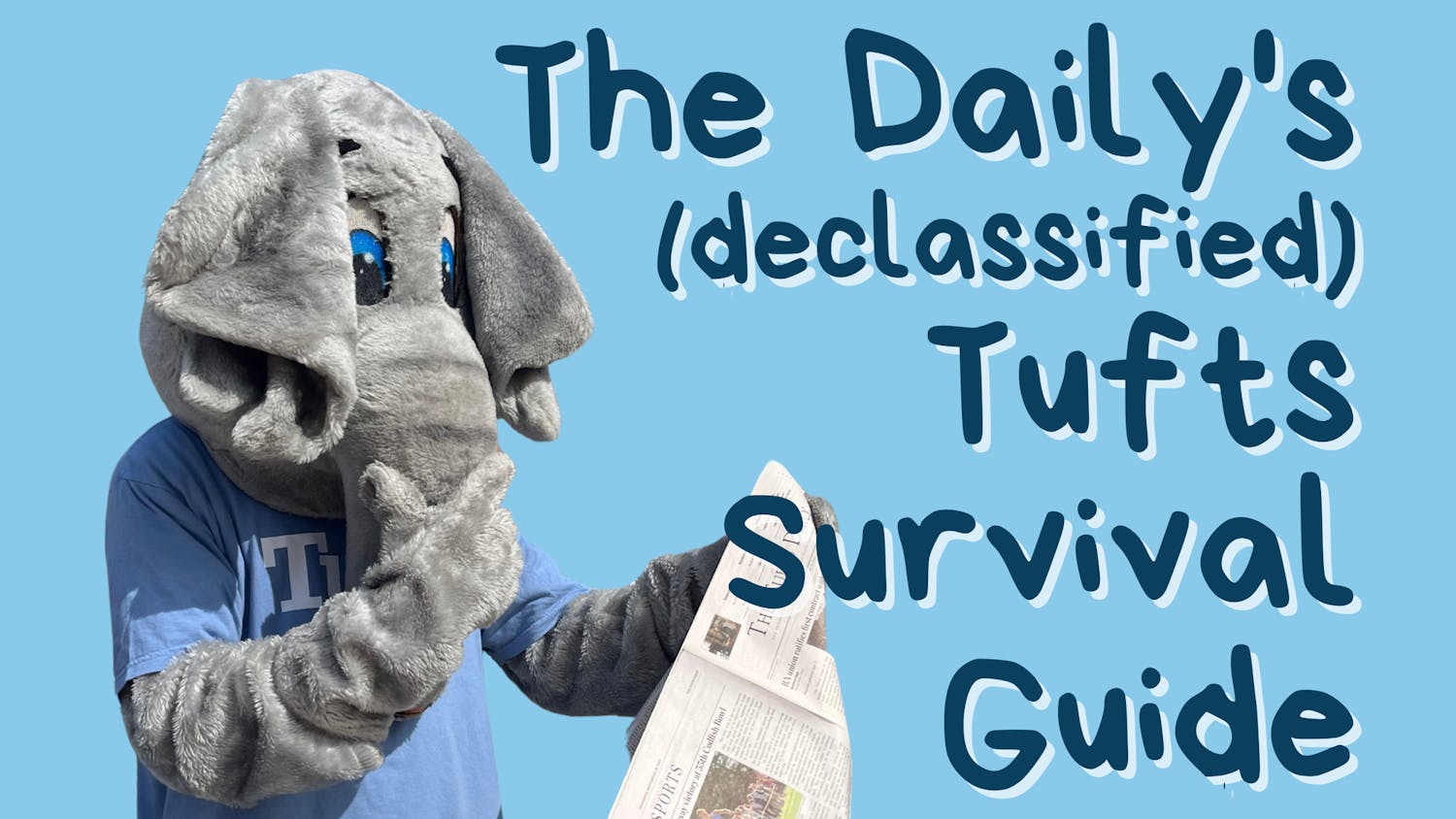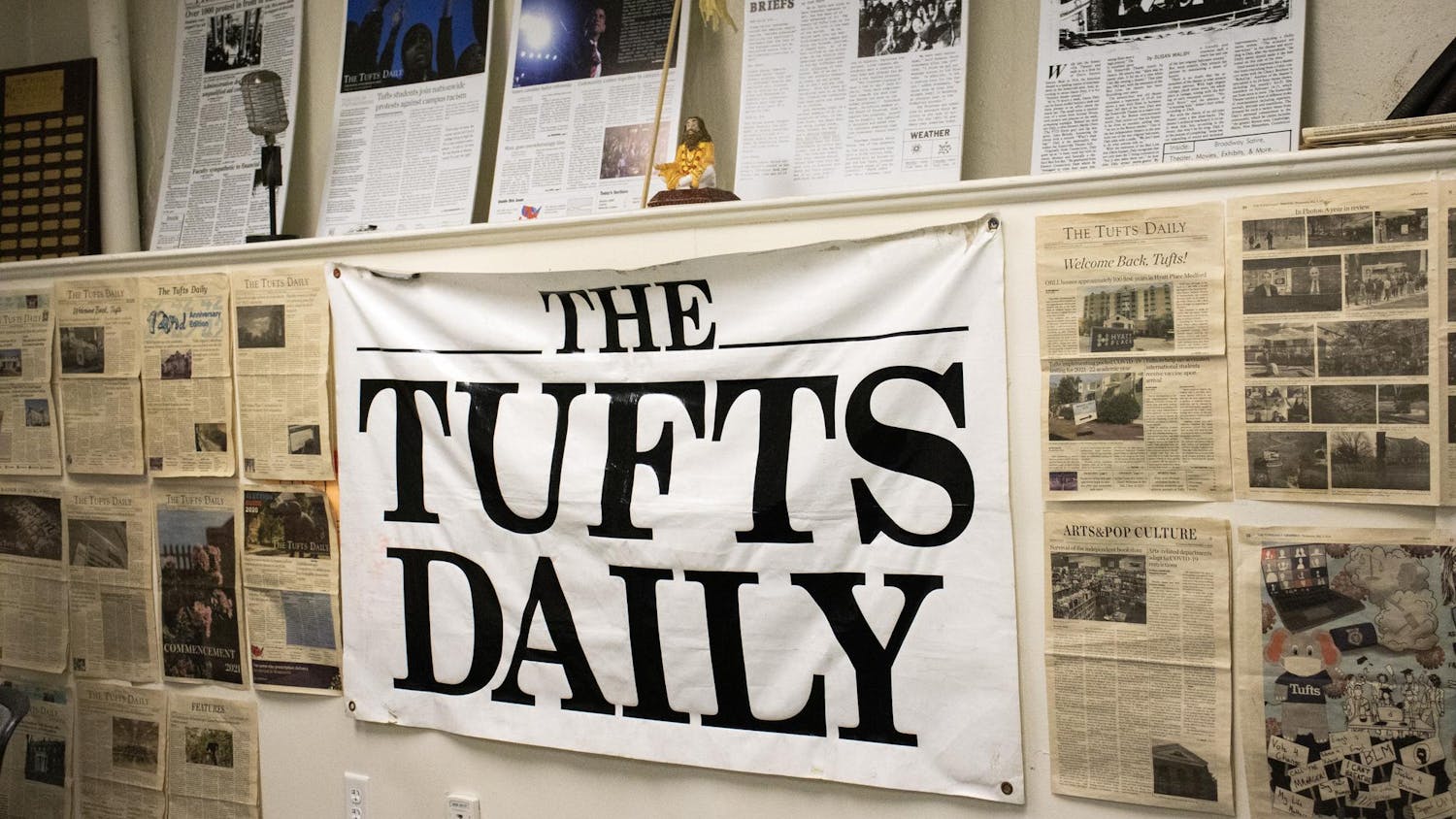Two bills have recently been introduced in Congress that threaten to drastically change the Internet as we know it. The Stop Online Piracy Act (SOPA) and Preventing Real Online Threats to Economic Creativity and Theft of Intellectual Property Act (PIPA), if passed, would permit law enforcement officials and copyright holders to sue websites that can be linked to counterfeit or pirated content.
Any website guilty of enabling or facilitating access to copyrighted content would be at risk of violating SOPA. Both bills were written to protect the interests of people in the film and music industries. Opponents around the country have been appealing to their congressmen to vote against the bills, arguing that they violate the First Amendment and will emasculate the internet.
These bills would have a much broader impact on the Internet than simply outlawing sites that allow visitors to stream audio and video content. Since many of these sites operate from outside the United States and therefore outside the government's jurisdiction, the bills allow law enforcement to sue and arrest operators of websites that link to or promote these illicit sites.
If the bills pass, it would place an incredible burden on websites to monitor user postings for potential copyright infringement. And if a website fails to meet such expectations, it might find itself blacklisted by the government and removed from all Internet search engines.
China uses similar self-censorship laws to prevent its citizens from posting opinions that are critical of the Chinese regime. Though the intentions of our own representatives are far more honorable — copyright infringement is a serious problem in this country — China, known for operating the most heavy-handed Internet censorship apparatus in the world, is not an example we should be emulating.
Furthermore, users of these sites would be at risk of unknowingly breaking the law. If one were to post a TV clip on YouTube or simply sing their favorite Britney Spears song in a post, that individual would be liable. Even when your friend finds that funny clip and sends it to you in an email, both sender and recipient would be guilty of promoting the illegal sharing of copyrighted content.
The bills' sponsors have said that their goal is not to punish individual users who engage in copyright infringement. But the letter of the bill makes no distinction between the actions of websites dedicated to illegal streaming and of individuals who unknowingly breach copyright.
We understand that online piracy should be illegal in order to protect the intellectual property rights of artists and innovators. But the proposed bills would have far too broad an impact.
SOPA and PIPA are unenforceable. Their impact on curtailing Internet piracy would be negligible. What the bills would accomplish, however, would be to infringe on the freedom of millions of Internet users in the United States and send a message to the rest of the world that the United States thinks online censorship is OK.





